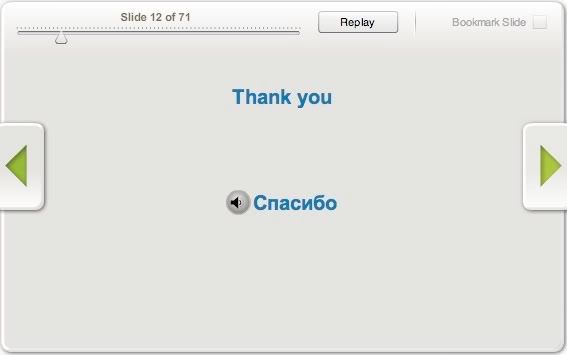
I have 2 questions here:
1. マンゴーランゲージという==>Can be roughly translate into "A website called Mango Languages" right?
2. 勉強してるん==> What kind of grammar is it. Why not just 勉強します?
Moderators: Moderator Team, Admin Team

maxiewawa wrote:Psy didn't mention it, but してる is a shortened form of している(しています)。
It's www.mangolanguages.com . It's a cross between pimsleur and... Rosetta stone.
I had a go but I got sick of it really quickly.
Psy wrote:
Kind of a cool flashcard program though. What is it?
